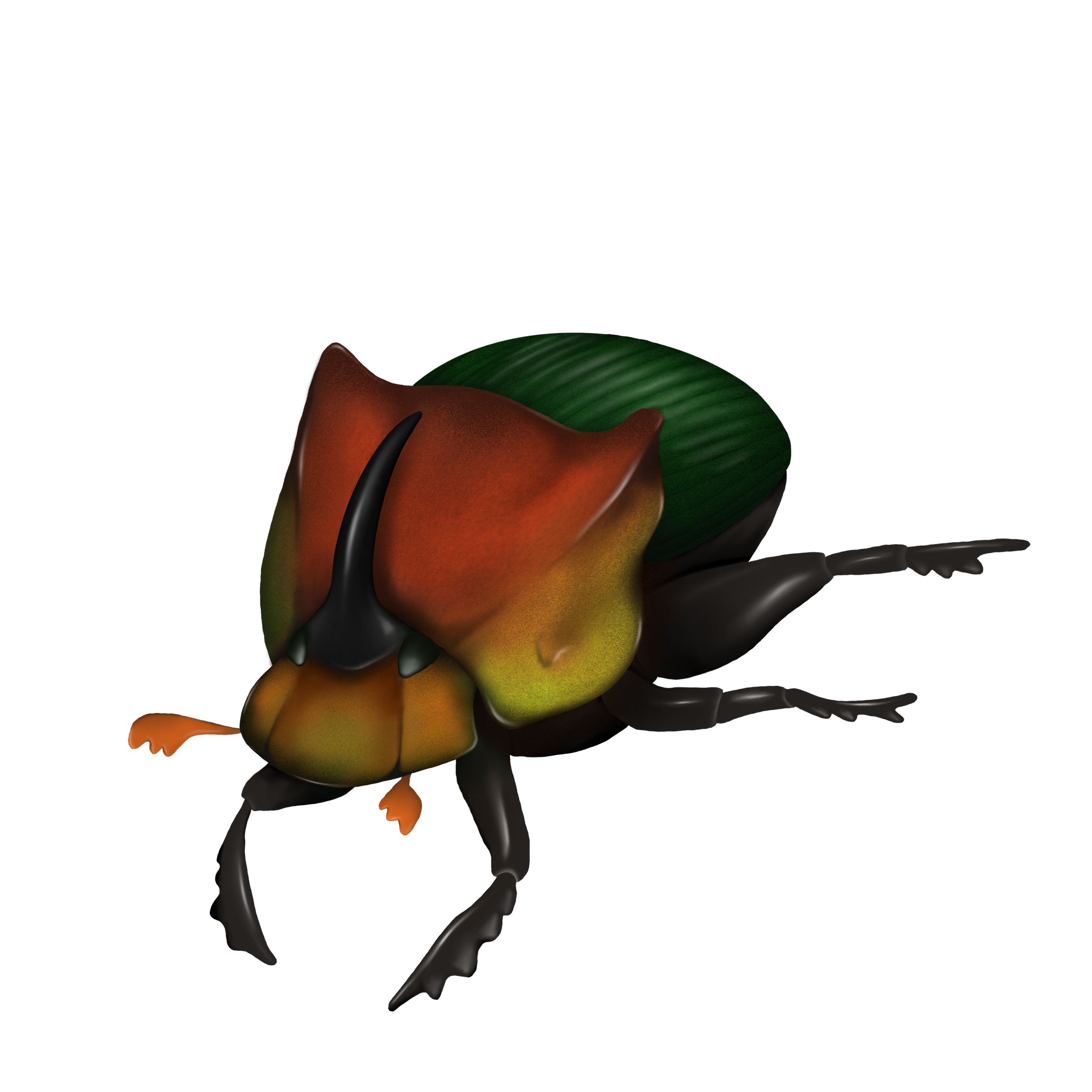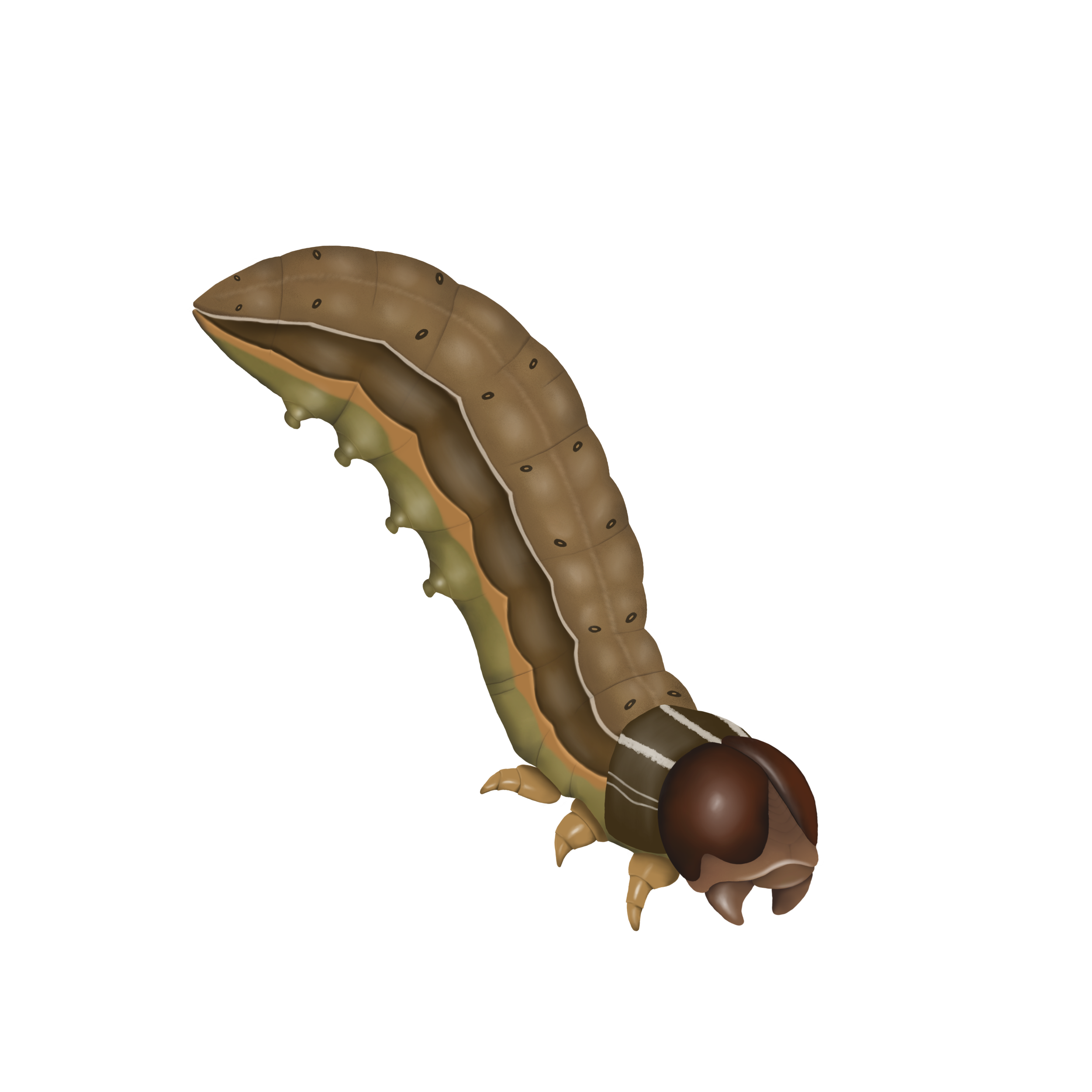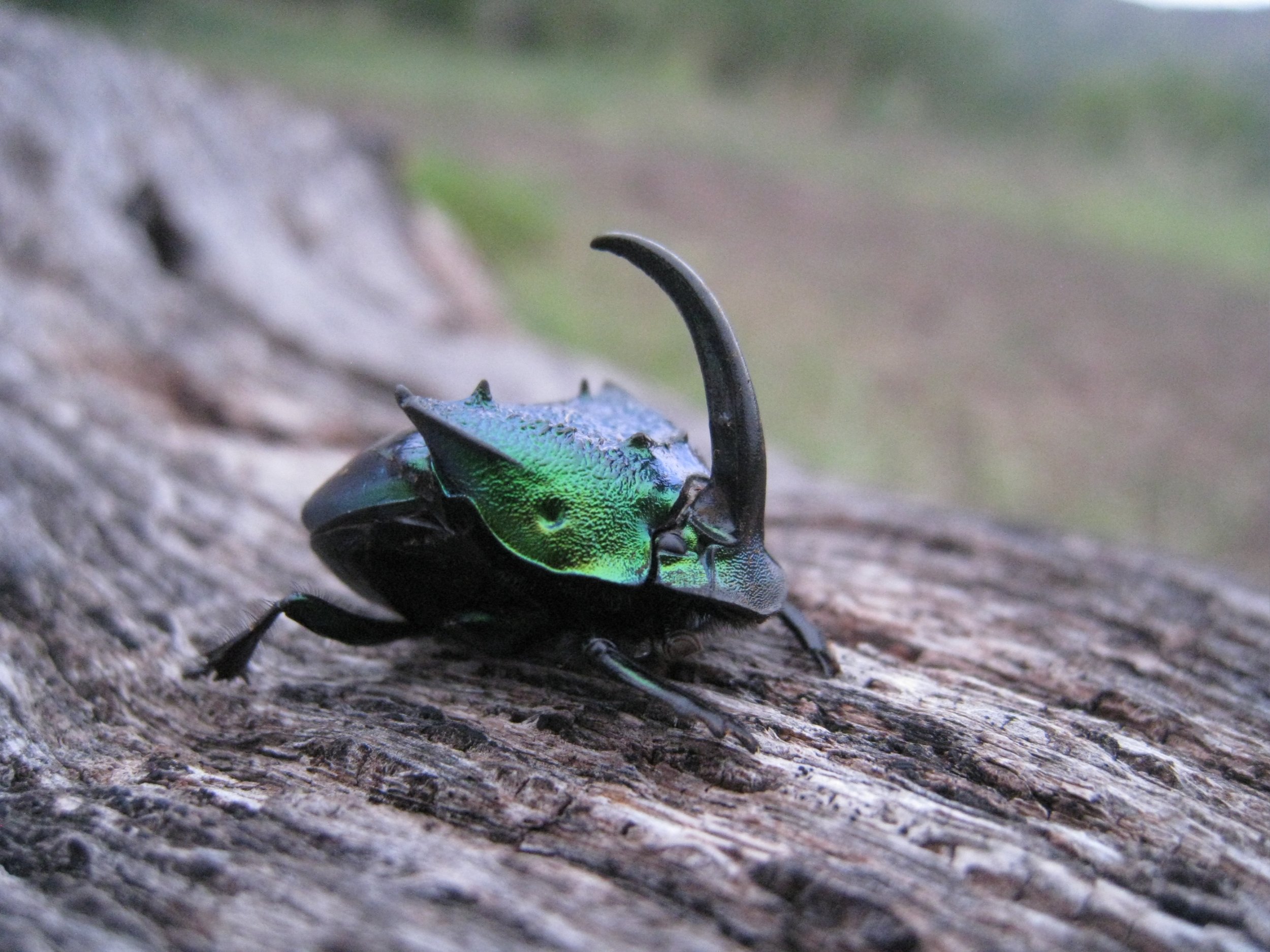
Our Research
Biogeography, Physiology, & Conservation
We study the ecological and evolutionary impacts of temperature variation on tropical and temperate organisms and use this information to predict impacts of anthropogenic change on species and ecological communities. We work across broad latitudinal and elevational gradients and integrate the fields of ecology, physiology, behavior, and evolution.
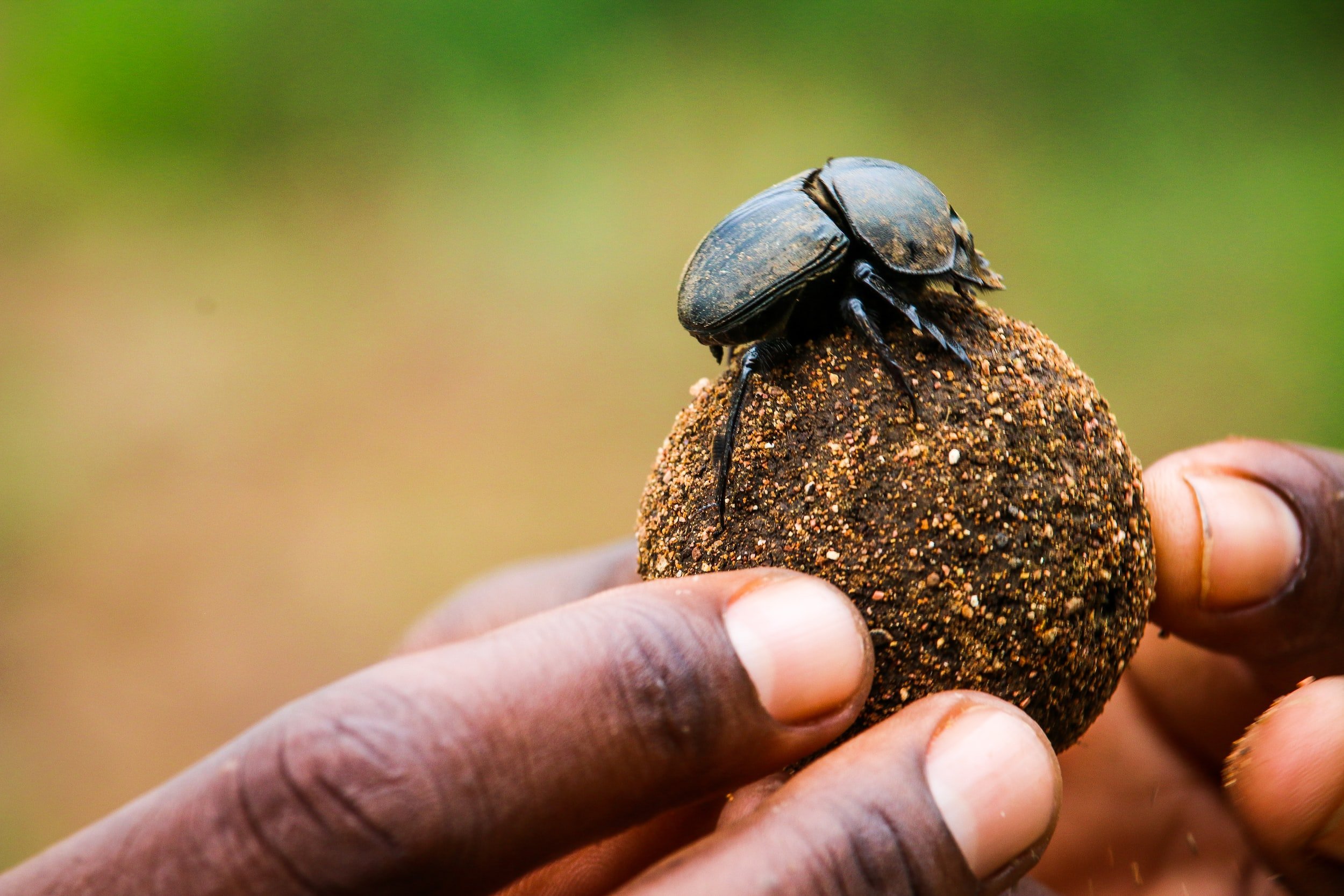
Biogeography, Physiology, & Behavior
We are interested in the impacts of environmental temperatures on physiology and distributions of organisms. We use a mix of field experiments and laboratory manipulations to understand how changes in temperature mean and variance affect physiology, behavior, dispersal, and fitness (e.g., Sheldon et al. 2020; Linck et al. 2020; Fleming et al. 2021; Kirkpatrick & Sheldon 2022). Our work supports a mechanistic framework linking temperature to evolutionary history, organismal traits, and species distributions.
Global Change
A major focus of the lab is understanding the mechanisms underlying organismal traits and species distributions and applying this knowledge to predict the impacts of environmental change on biodiversity. We work in both tropical and temperate ecosystems and take advantage of natural changes found along environmental gradients to address research questions. We have quantified range shifts in response to climate change for diverse groups of endotherms (birds and mammals) and ectotherms (dung beetles, frogs, lizards and snakes) from tropical and temperate regions (Sheldon et al. 2011; Gibson-Reinemer et al. 2015; Mamantov et al. 2021). We have also examined how behavioral responses to warming differentially impact survival in introduced and native dung beetles (Mamantov & Sheldon 2021) and whether behavioral plasticity can buffer organisms from a warming world (Kirkpatrick & Sheldon 2022).
Natural History
Natural history is the cornerstone of ecology, and thus, it is an integral part of our work. We have published on seasonality and distributions of dung beetles (Mamantov & Sheldon 2023), patterns of seed rain in tropical forests, phenology of tropical ephiphytes (Sheldon & Nadkarni 2015), and breeding biology of butterflies and tropical birds (e.g. McGee et al. 2018).
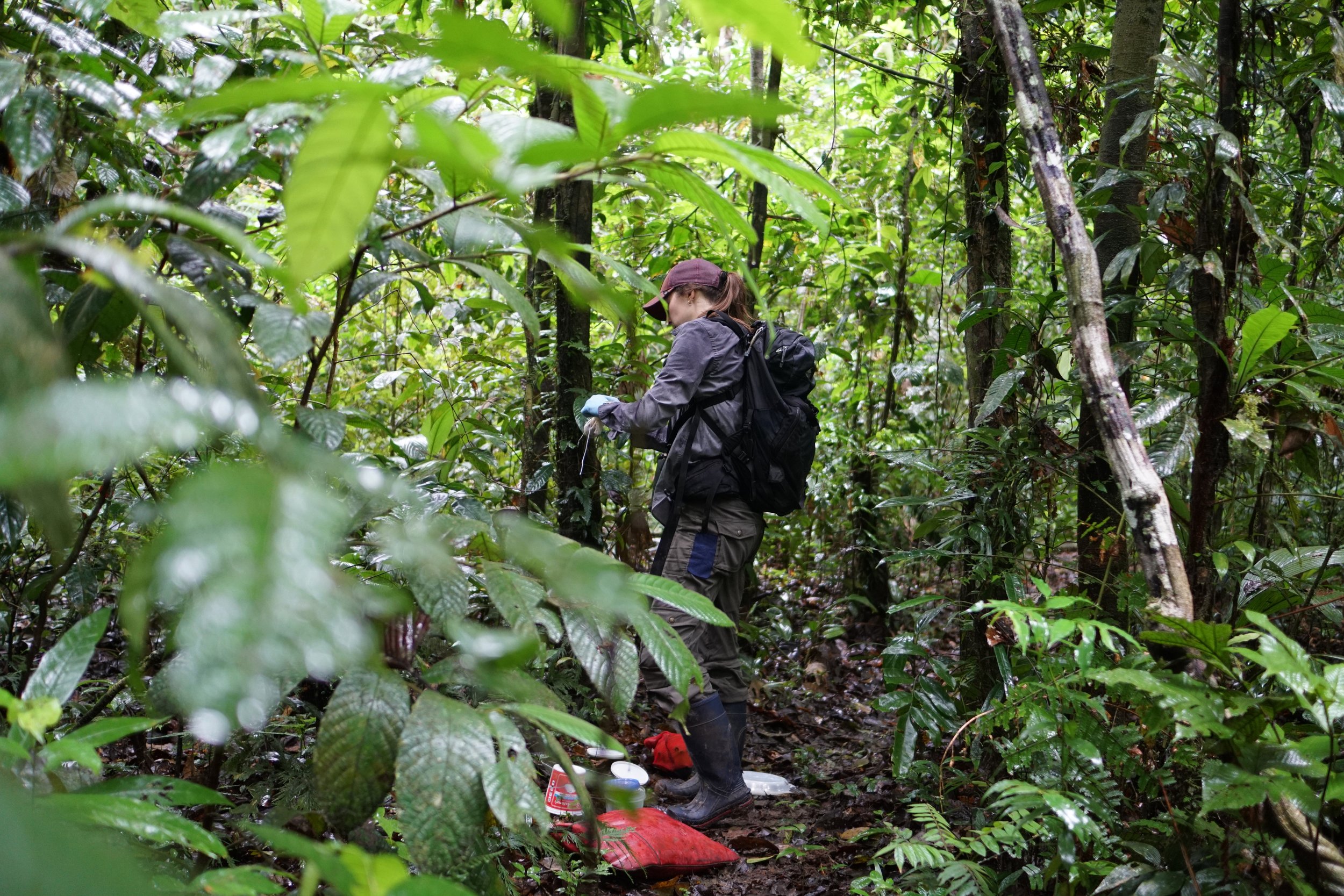
Join The Lab
We look forward to meeting you!

